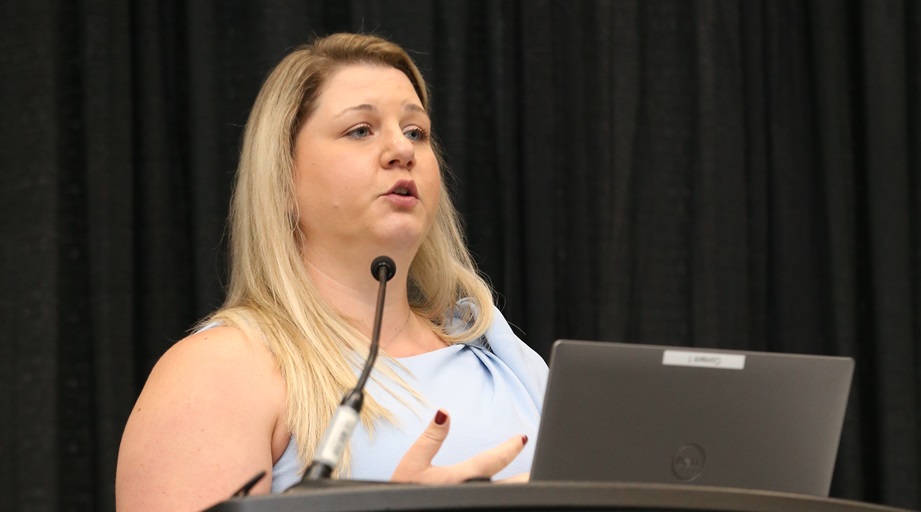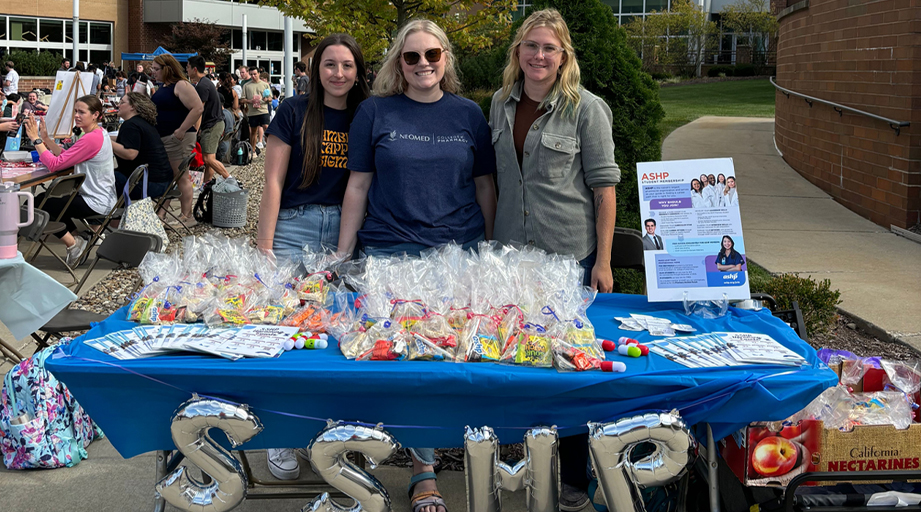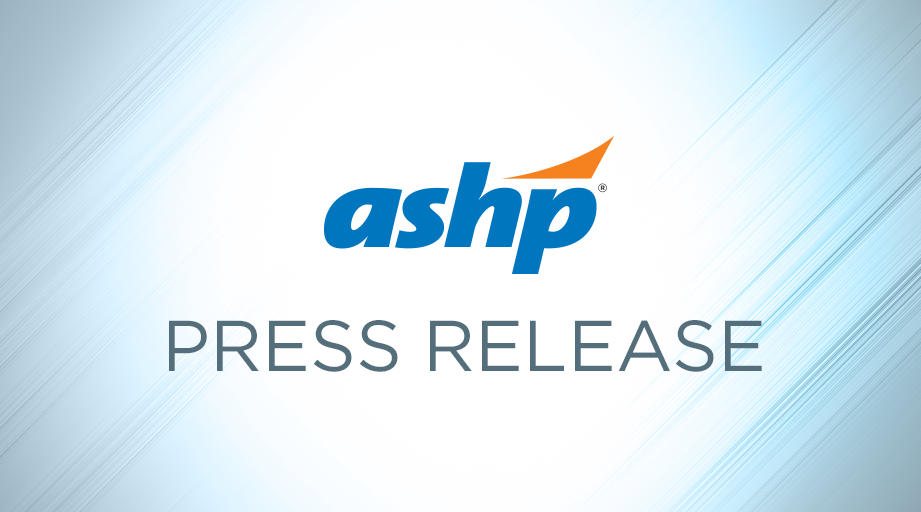
Amid the pharmacy technician shortage, health systems should consider starting in-house training programs and continuous professional development to recruit - and keep - these much-needed workers, according to two pharmacists who helped lead such efforts at their institution.
In a Dec. 5 session at the 2023 Midyear Clinical Meeting & Exhibition, Michelle Sadler and Michelle Estevez shared their experiences helping start training and continuous professional development programs for technicians at Lee Health, a not-for-profit health system in southwest Florida.
The 16-week, ASHP/ACPE-accredited program provides a minimum of 600 hours training, which includes didactic, on-the-job, and simulation experiences. As of September 2023, the program had an 89% graduation rate.
Critically, 91 % of graduates stayed with Lee for at least one year.
Sadler emphasized the importance of a strong relationship with human resources (HR) when developing these programs. Part of the discussion will include explaining the factors behind the technician shortage, she said, issues that aren’t as well known outside of pharmacy.
“Help your HR team understand why it exists, why it continues to exist, why it’s probably not going anywhere for a while and how a technician training program or other novel recruitment strategy will make their life easier and help them meet their goals,” said Sadler.
And it’s not just HR. Hospital executives will need to know how the technician shortage affects their system-wide goals, such as decreasing readmission rates and length of stay. “All of your pharmacy [service] lines support their goals,” she said. “Help them understand how the pharmacy technician shortage is impacting your ability to meet their goals.”
The speakers said an in-house solution worked best for them for several reasons. In Florida, for example, technicians must go through a training program to get registered with the state. A nearby vocational school that might have provided such training had shuttered. “So that was our biggest opportunity,” Sadler said.
Initially, the training program was open only to internal candidates, but it eventually expanded. One day, she said, another pharmacist took her to a nearby coffee shop and pointed out the perfect candidate. It was the barista, who multitasked and showed excellent customer service as she handled a long line of customers. Sadler encouraged the barista to join the training program.
“She’s been a really successful pharmacy technician in our healthcare system ever since,” said Sadler.
Another unexpected source of candidates was out-of-state technicians. Some of them had years of experience but couldn’t get registered in Florida because they came from states that did not require that they complete a training program.
Giving these trained technicians a career pathway, which comes with higher pay, has been key to retention. Estevez highlighted her health system’s emphasis on continuous professional development, which includes the technician career ladder eligibility.
“How do we empower our pharmacy technicians to practice at the top of their licensure?” she said.
The ladder, which is tied to pay, has three technician levels. Entry-level technicians in the Lee program can move up after a year if they demonstrate leadership behaviors or participate in orientation of new employees, for example.
“We’re setting a higher bar for our pharmacy technicians and encouraging them to be engaged with the department in order to move up the career ladder,” said Estevez.
During the Q&A session, an audience member pointed out that the Lee Health technician career ladder is not based as heavily on credentials alone as some other ones he had seen. The speakers said that was by design.
“We really wanted it to be accessible to all our technicians,” said Sadler. “We can have anyone move up in the program at their own rate.”









